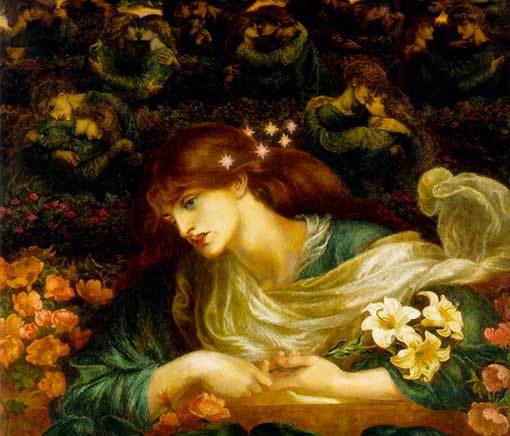The Bakalas were an unusual couple. He looked at every moment – perhaps even at home in his pyjamas – like the chief conductor of a large orchestra, especially when his hair began to create a distinctive silver aureole in his mature years; he maintained his aristocratic restraint not only as a conductor but also in social and personal contact, he did not move rapidly, he did not raise his voice; we also never heard of him being on first-name terms with anyone and even musicians who had played under him for fifteen years were not sure if he knew their names. No so Mrs. Marie; wherever she came, she was just everywhere, she had something to talk about with everyone and – what was important – one felt that her warmth was genuine. She did not hide her love and admiration for her husband even though she, as a Brno native, referred to him as that boss of yours; it was characteristic that the orchestra referred to him exclusively as Bakala, while to her as Mařenka.
Let's remind ourselves that already as a fourteen-year-old she began singing with the theatre chorus and only after that did she undergo training under Valentin Šindler (at the time the extremely popular Stréček Křópal (Uncle Creaking)) and Marie Fialová. Upon meeting her husband, she then artistically matured into a soloist in demanding song and cantata compositions, she performed with Brno Beseda, the Olomouc Žerotín, Kroměříž Moravan, abroad she sang in Latvia, the Soviet Union, Romania and Bulgaria, occasionally she returned to the opera stage (for example, in the role of Rusalka at the theatre at Veveří), she premiered a number of compositions that were dedicated to her by prominent composers not only from Brno.
She sang with the Philharmonic, the establishment of which allowed her husband to attain his life goal, once, shortly after its establishment, it was the main part of Debussy's cantata, the title of which La damoiselle élue is translated simply as the The Chosen One. It was in all likelihood the premiere in Brno, and thus far still the only performance of the work, in which the young Debussy appeared as the founder and main character of musical impressionism. It is not known how Bakala managed to push a piece with religious themes past the vigilant censors (it was then headed by the future director of the Philharmonic, Barša) back then in the mid-1950s and a raging socialist realism. However, nobody probably understood the French text of the symbolist poet Rossetti, especially when describing something that is easy to understand: there is a fragile, beautifully dressed girl standing before the golden heavenly gate, surrounded by a circle of lovers, whispering their new ecstatic names, and is waiting for her Lord, at whose side she is supposed to go to heaven and introduce herself to his Mother as his bride; however, the expected does not come during the cantata and she starts to cry...
It seemed comical to me to present the very concrete, human, warm and mature Mařenka in this ephemeral, deliquescent role and I was not able to do that for the rehearsals – and with the ensemble on top of that – at all. But I suddenly realised something at the concert: there was something more than the usual artistic relationship in how both, the conductor and the soloist, cooperated. Bakala was conducting as always, not showing any emotion (without the fake emotion, gentlemen, as he used to say), but with some magic, maybe Debussy's music, I felt that she was his Chosen One and that she waited to see – unlike the cantata heroine – her Lord.
The painful conclusion of the cantata had – without us suspecting it – also a certain prophetic meaning: the beautiful marriage of the unequal couple lasted only two years. As the head of the Philharmonic, Bakala triumphed at home and on foreign tours – the Warsaw Autumn, the Prague Spring and in Germany (the former GDR). Mrs. Mařenka was with him everywhere and she took great care of him; it seemed somewhat excessive to us. Bakala did not show signs of any trouble, that would have been beneath him, but she knew better. On the last tour, he felt a little tired, that was all – but his swollen feet did not fit in the leather dress shoes and he had to conduct in galoshes. After his return he began recording the complete works of Janáček but he left the score Balada blanická (Blanice Ballads) with what seemed like sudden nausea – and then he died at home in the care of his wife after just a few days.
Mařenka accepted this tragic role bravely – after all, she has been playing it for a long time. She knew that it costs something to be the Chosen One and she was able to keep repaying it until the end. It has been a hundred and ten years since her birth on Friday, 4 April.































